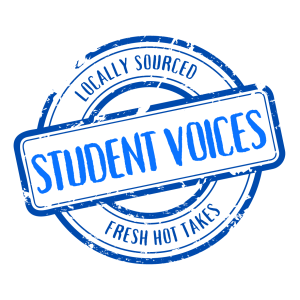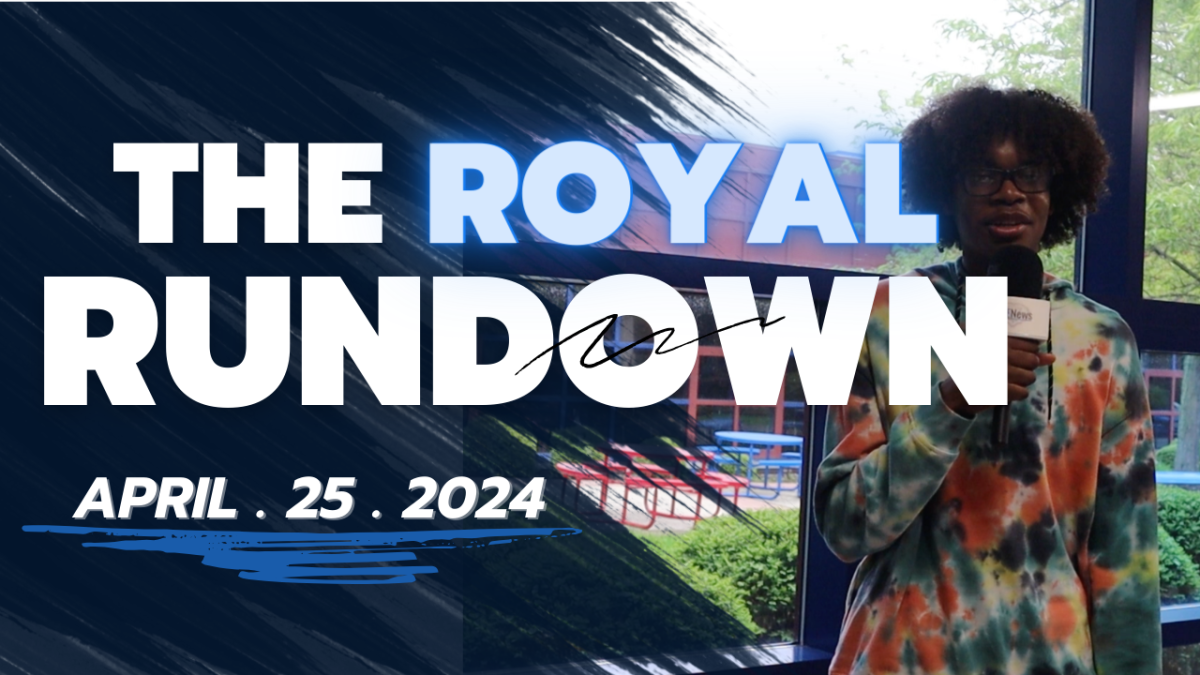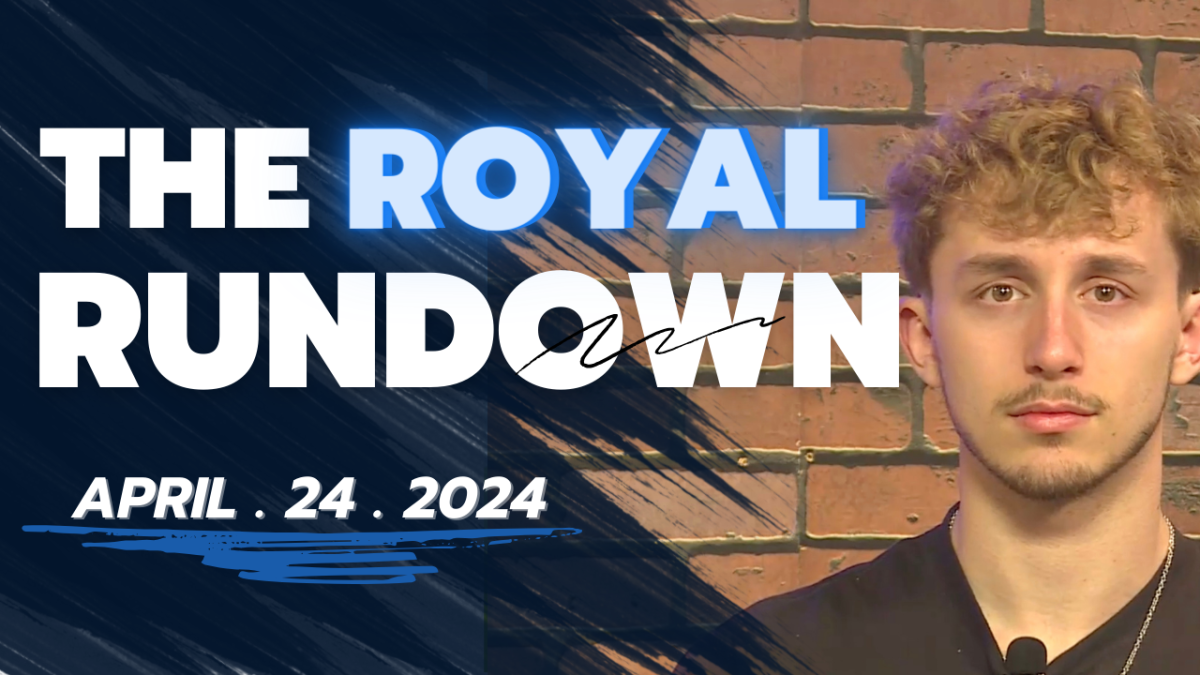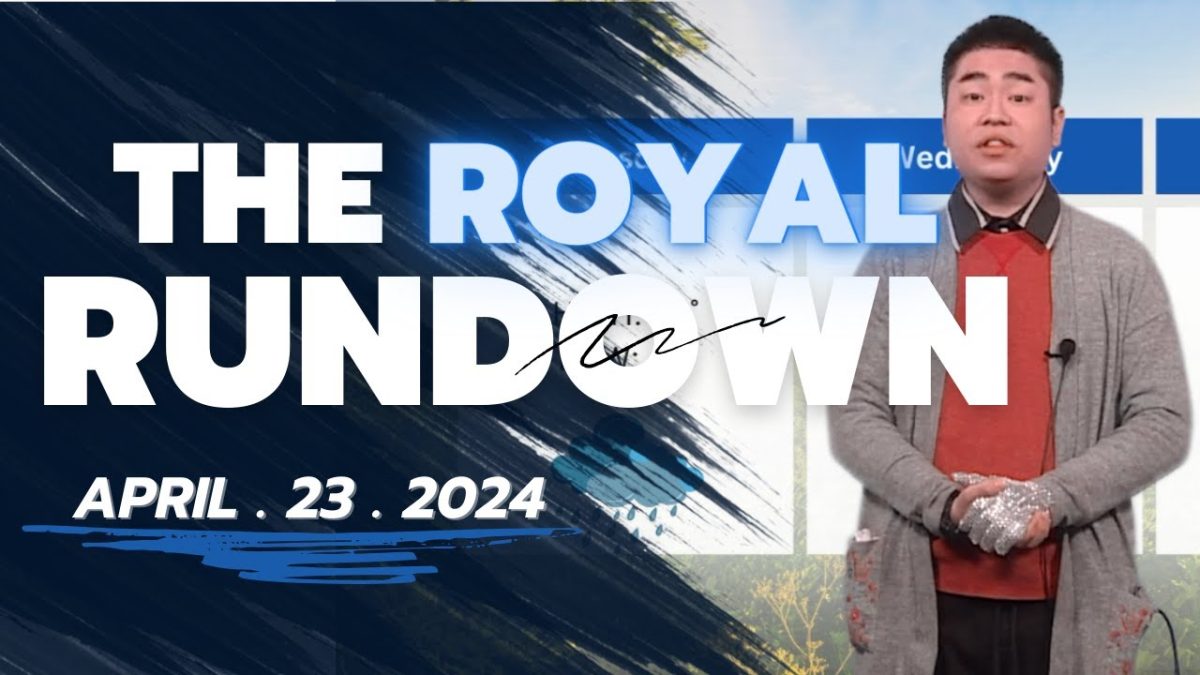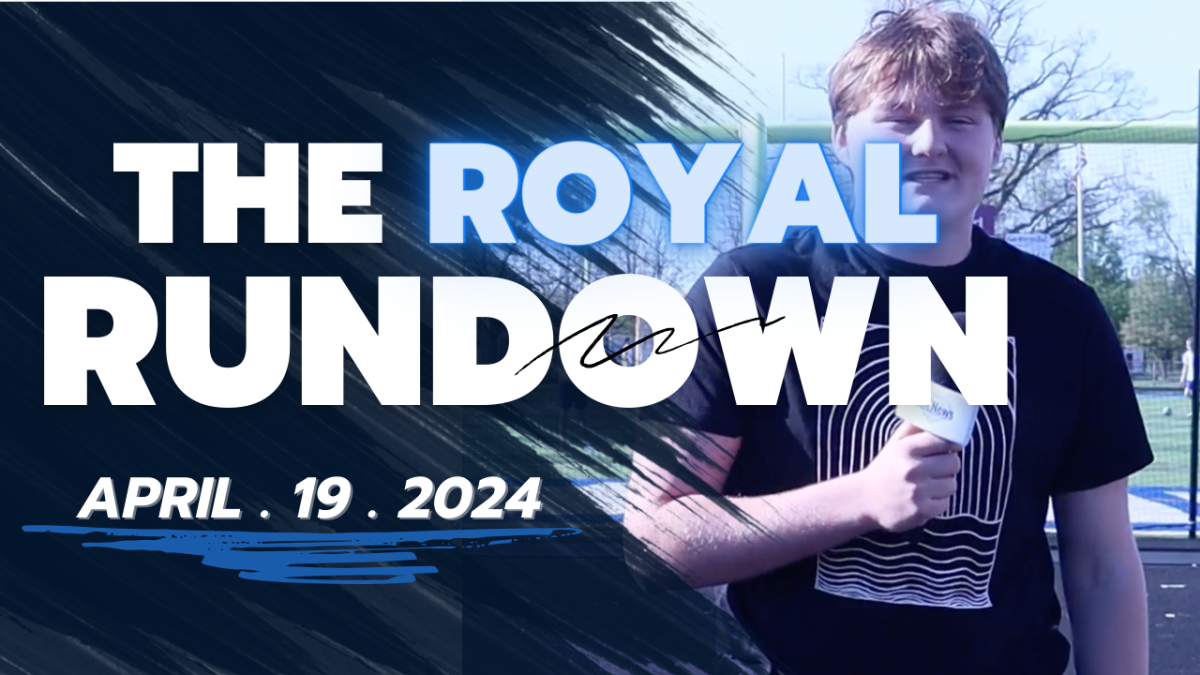CHARLIE HEBDO
After the tragic murders of 10 Charlie Hebdo staff members and seven other French citizens in January, arguments regarding freedom of speech, censorship and respect rose to the forefront of international debate, particularly in the media.
In France, the same freedom of speech that allowed Charlie Hebdo to publish potentially offensive political cartoons also allows citizens to voice their opinions in the aftermath of the terrorist attack. Some people have openly wondered if freedom of speech should be limited, not only to prevent violence but also to uphold respect for the beliefs of others. As Pope Francis said in a press conference, “One cannot provoke; one cannot insult the faith of others.”
“Look at what the Pope said,” government teacher Greg Gastineau said. “Is there a line you can draw about religion? You can say whatever you want, but not all of it is protected. I’m not sure about French laws, but in America you can say anything.”
France, like the U.S., allows freedom of speech. Charlie Hebdo uses this right weekly: as a satirical magazine, its purpose is to mock social issues in order to make a statement. This is similar to the concept of Saturday Night Live in America.
THE FIRST AMENDMENT
In America, the First Amendment guarantees citizens the right to free speech, as well as freedom of the press, freedom of religion, and the right to petition the government and peaceably assemble. Freedom of speech is nearly boundless. Citizens can criticize any group: the choice between respecting others and voicing potentially disrespectful opinions is left up to the individual.
However, there are some exceptions to free speech. Some speech, such as threats and racial insults, are generally considered off-limits. Also, in certain places like airports and schools, freedom of speech has boundaries.
HIGH SCHOOL
“Without [freedom of speech] in a democracy, minority rights would not be where they are today,” Gastineau said. “People can express themselves and make their ideas heard. Venues like Facebook, not that [high school students] use Facebook, show what people have to say.”
Social media networks, including Facebook, Twitter, Instagram, Tumblr and Reddit offer teenagers outlets with which to speak their minds. However, in this high school, most of these networks are blocked. Though the idea is to keep students focused on class work instead of their social lives, even news sites like Huffington Post and other potential sources for school projects are blocked.
“I think school sees social media sites as distractions from classwork,” junior Shawn Coughlin said.
> “Though I can’t see the point in blocking them,” Coughlin said. “We are high schoolers, and if we haven’t developed a work ethic yet, blocking social media won’t fix us. Also, administration encourages us to approach school work in new ways but contradict themselves by limiting our abilities.”
In addition to blocked websites and media, there are also rules on expression. For example, clothing choices in school and cheers that can be shouted at football games are both limited. Some athletes are not allowed to post about their sports teams on social media. America offers freedom of speech, but schools, whether for student safety or to prevent disruption, limit it. However, some students believe this is justified.
“I feel that I have free speech,” senior Griffin Barrington said. “The fact that I’m being asked whether or not I do is a great example. I could easily say no, and though the school may not like that, I’m still able to say it.”
In classes, students are allowed to speak openly about ideas and opinions. For example, Comparative Religions is based on respectful discussion of beliefs, and most English classes require the study and discussion of literature that has been banned in other schools, states, or countries.
Other schools sometimes give students less freedom. Some high schools ban books for mature content, and others refuse to teach evolution because the theory conflicts with the teachings of the Bible. After the Hazelwood v. Kuhlmeier court case in 1988, it was established that most for-credit high school newspapers were not protected by the First Amendment. There are many instances of limited freedom in high schools in America.
In conclusion, with the emergence of the Internet, students have access to essentially unlimited information. With social media, anyone can post opinions. Using this power to question some beliefs without insulting followers of those religions is a choice people have the right to make. Though high school students have never faced repercussions like the attack on Charlie Hebdo, their limitations are often questioned and debated. The case of Charlie Hebdo illuminates some of the ways in which it may be better not to cross the line: to respect religions and beliefs instead of mocking them publicly.


